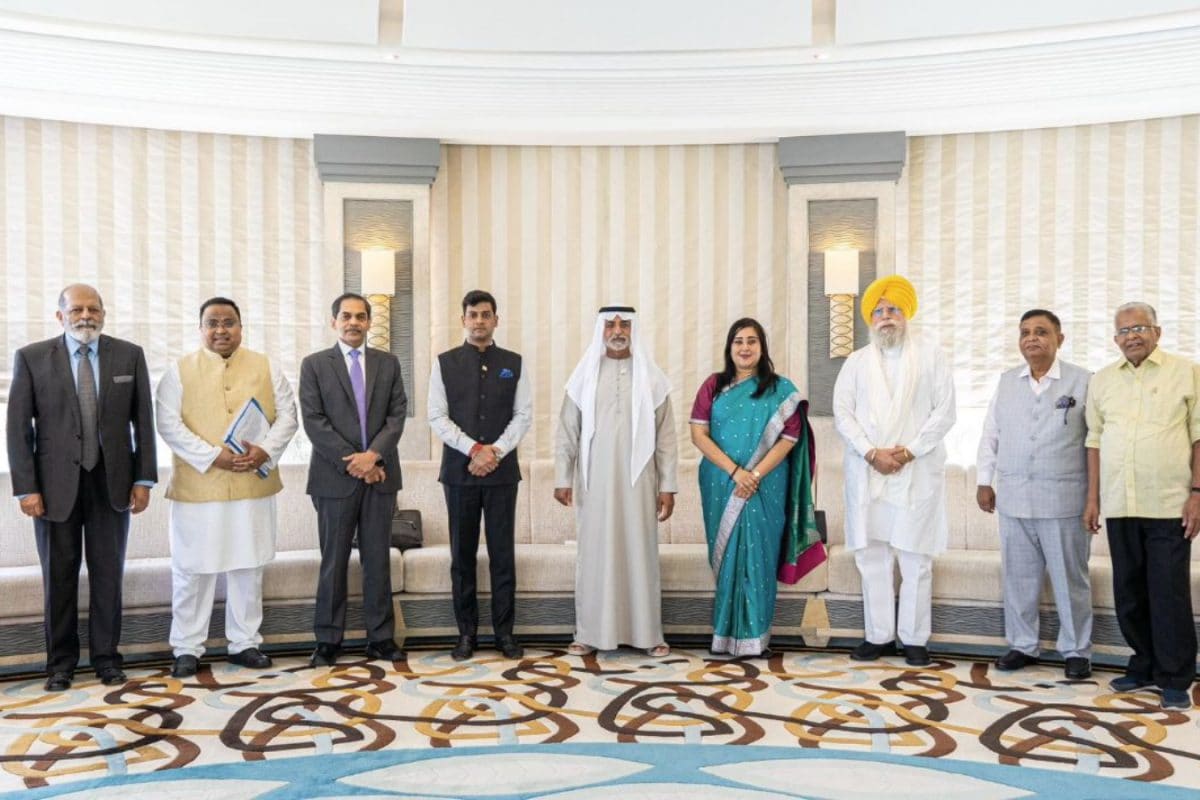

In a significant display of international solidarity, the United Arab Emirates (UAE) and Japan have extended their support to India's global outreach against terrorism, particularly in the wake of recent events, including "Operation Sindoor". Multi-party delegations from India have visited both nations to convey India's firm resolve to counter state-sponsored terrorism emanating from Pakistan.
The Indian delegation to the UAE, led by Shiv Sena MP Shrikant Shinde, met with Ahmed Mir Khoori, a member of the UAE Federal National Council in Abu Dhabi. During the meeting, Shinde emphasized India's decisive success with "Operation Sindoor" and highlighted the ongoing threats of terrorism originating from Pakistani soil. The delegation included representatives from various political parties, including the BJP, BJD, and IUML, showcasing a united front against terrorism. The Indian Embassy in the UAE noted that the UAE was the first country to receive the multi-party delegation in the context of Operation Sindoor, underscoring the deep bonds of friendship between the two nations. Both sides underscored the shared resolve for zero tolerance against terrorism, reaffirming their commitment to global security and respect for international peace.
Meanwhile, in Japan, a separate Indian delegation led by JD(U) MP Sanjay Jha, engaged with key Japanese officials, including Foreign Minister Takeshi Iwaya and former Prime Minister Yoshihide Suga. The delegation included BJP MPs Aparajita Sarangi, Brijlal, Pradhan Barua and Hemang Joshi, Congress leader Salman Khurshid, TMC MP Abhishek Banerjee, CPI(M)'s John Brittas, and former ambassador Mohan Kumar. The Indian Embassy in Japan stated that Foreign Minister Iwaya reiterated Japan's support for India's fight against terrorism and appreciated the restraint shown by the Indian side, calling for the perpetrators of terror activities to be punished. Furthermore, Yoshihide Suga reaffirmed Japan's strong commitment to supporting India in its fight against terrorism, reinforcing the strategic partnership between the two countries.
India's proactive diplomacy reflects a concerted effort to build international consensus against terrorism. By engaging with key partners like the UAE and Japan, India aims to amplify its voice on global platforms and strengthen counter-terrorism cooperation. These visits are part of a broader strategy that includes dispatching multiple multi-party delegations to various countries to present India's stance and garner support for its initiatives.
The support from the UAE and Japan is particularly significant, given their strategic importance and strong relationships with India. Both nations have historically demonstrated a commitment to combating terrorism and promoting regional stability. Their backing for India's efforts sends a strong message to the international community about the need for collective action against terrorism. This outreach also comes at a time when India is actively participating in various multilateral forums to address counter-terrorism challenges. These include the UN, FATF, and QUAD, where India is working with other nations to strengthen counter-terrorism cooperation through information exchange, capacity building, and training programs.